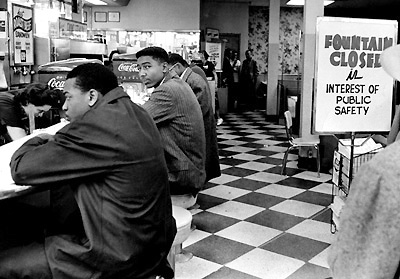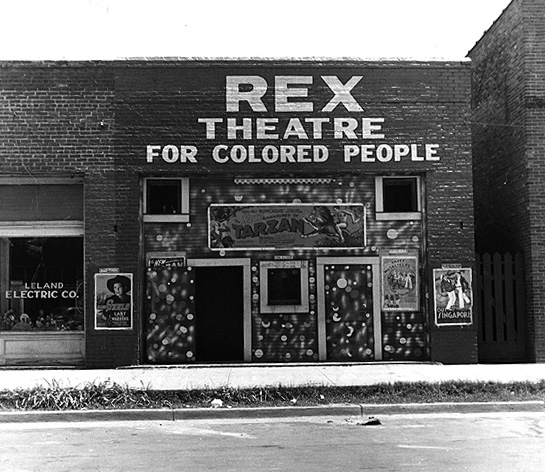GameGuru59
Banned
It was segregation as historically practiced in the US. Why the hell do you think it was banned in the Civil Rights Act of 1964? Discrimination from private businesses was a major part of Jim Crow.
There was also segregation at every level of government except maybe Federal (though I'm sure there was discrimination there too). I'm not at all proposing that we should allow that. On the contray, the government should work to be as inclusive as possible. There was segregation in every public college and school, segregation at every public facility. That should not nor ever be allowed.
However, what happens on private property is a different matter. At the time of the civil rights bill, racism was pervasive and all encompassing. I agree that at that time, passing a law requiring public accommodation was in the state's interest. It is no-longer. Racism is no longer as pervasive, and any businesses that discriminate would be few in number.
I believe to the extent possible, people ought to be honest with one another, and society should reflect the true nature of the feelings it harbors in public life- not cloak it under a legal shroud that only masks the problem. If there is racism, I want it right in my fucking face. Not hidden. If you believe so strongly that I as a black man should not eat at your restaurant, I want to see a whites only sign, not the dirty look when I come in. When the state itself is run by a legislature and electorate that is by in large racist (be it more subtlely than prior) I want to see your confederate flag taken down by referendum rather than as an apology by the legislature. If you're working with me and you're racist, I want to confront you directly about it at work, rather than have you fired and drummed out of society. I want the ugliness of the society laid bare in front of me. Not hidden. Is that so hard to understand?





